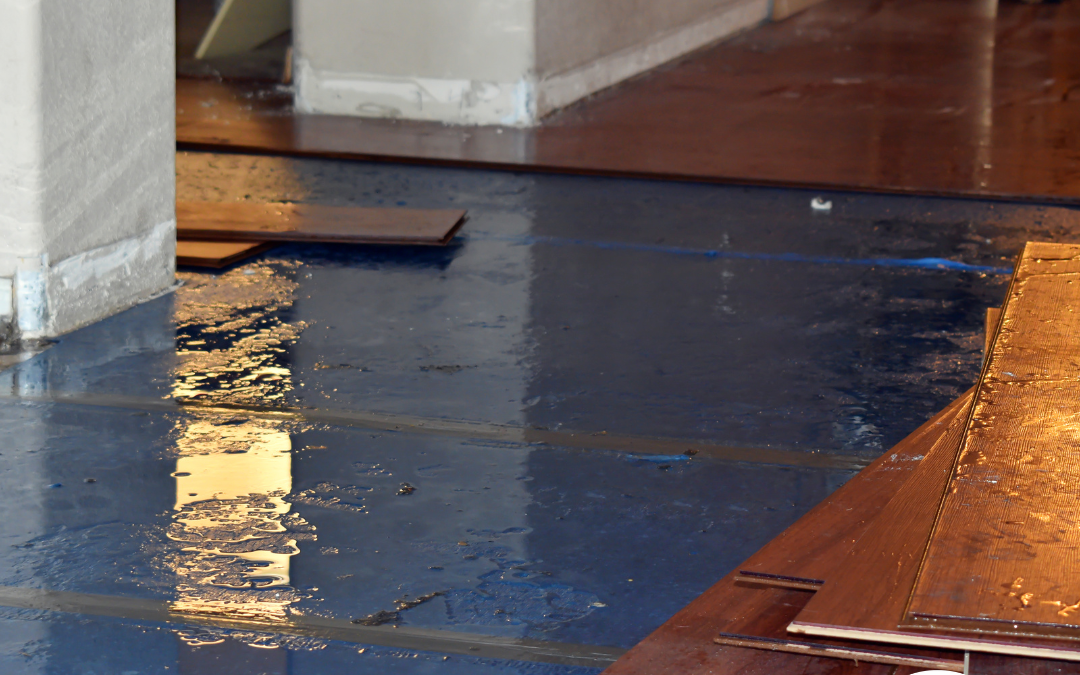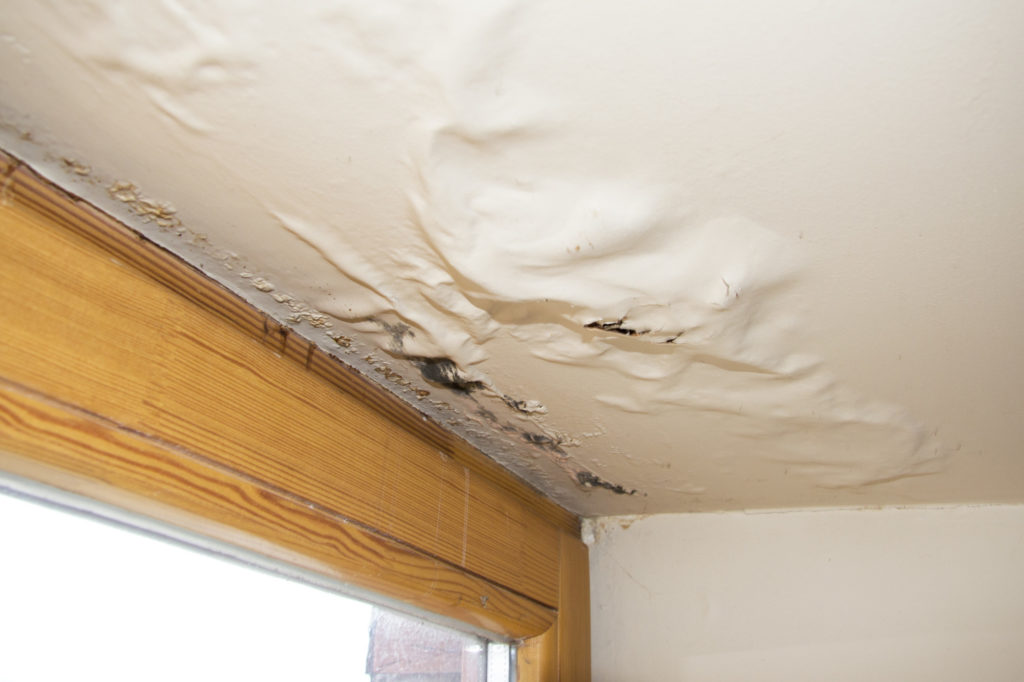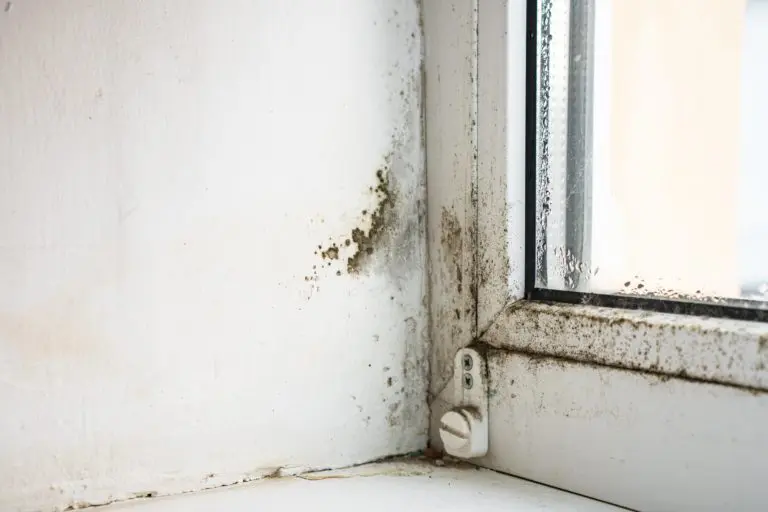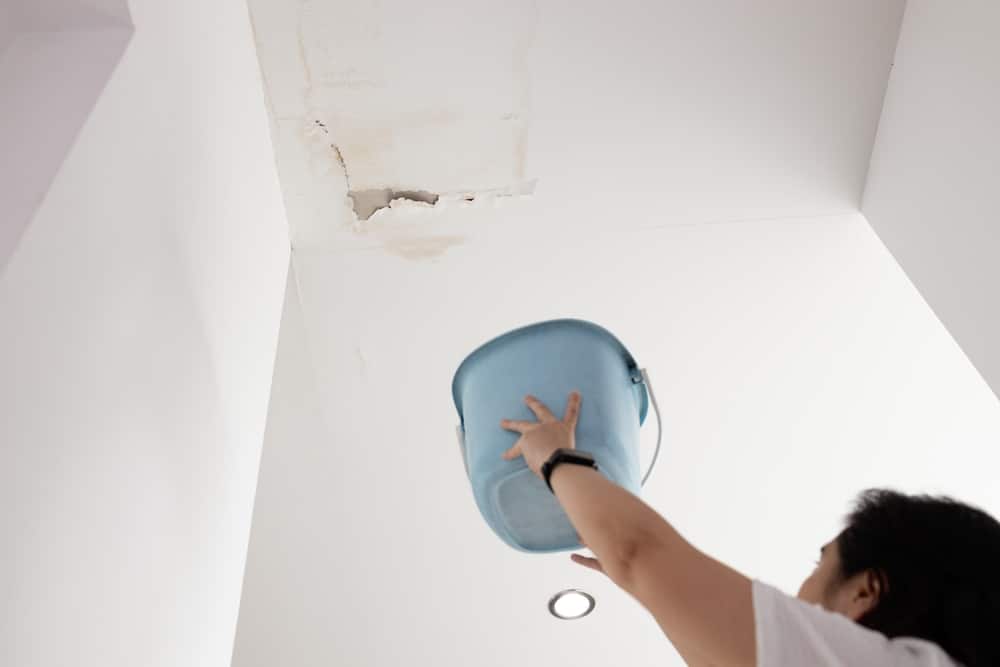In recent years, the integration of AI for predictive water leak detection has transformed the way we approach water management. Water leaks are a significant concern, not only for homeowners but also for industries and municipalities. The ability to detect and address leaks proactively can save substantial resources, reduce costs, and prevent potential damage. This article delves into how AI is making water leak detection more efficient and reliable.

Understanding Predictive Water Leak Detection
Predictive water leak detection involves using advanced technologies to identify potential leaks before they become severe issues. This proactive approach is crucial in conserving water and reducing damage. Traditional methods of leak detection often involve manual inspections, which can be time-consuming and ineffective. However, with AI, the process becomes automated and more accurate.
The Role of AI in Leak Detection
AI plays a pivotal role in enhancing the capabilities of leak detection systems. By analyzing data from various sensors, AI algorithms can predict leaks with high accuracy. These systems can monitor water flow rates, pressure changes, and humidity levels to identify anomalies that may indicate a leak. This technology not only increases the speed of detection but also minimizes false alarms.
How AI Algorithms Work
AI algorithms use machine learning to improve their accuracy over time. They are trained on vast datasets to recognize patterns associated with leaks. As more data is collected, the algorithms become better at distinguishing between normal and abnormal conditions.
Benefits of AI-Driven Leak Detection
The benefits of using AI for predictive water leak detection are numerous. Firstly, it offers real-time monitoring and alerts, allowing for immediate response to potential leaks. Secondly, it reduces the need for manual inspections, saving time and labor costs. Finally, it provides a comprehensive overview of the water system’s health, enabling better management and maintenance.
Applications in Various Sectors
AI-driven leak detection is not limited to residential use. It is increasingly being adopted in commercial and industrial sectors. For instance, large manufacturing plants can benefit from predictive leak detection to prevent costly water damage and production downtime. Municipalities can use it to maintain their water supply systems more efficiently.
Residential Applications
In the residential sector, smart leak detectors are becoming popular. These devices can be installed in homes to monitor water usage and detect leaks in real time. They offer homeowners peace of mind and help reduce water bills by preventing waste.
Industrial and Commercial Applications
Industries and commercial establishments with complex water systems benefit significantly from AI-driven leak detection. By preventing leaks, they can avoid costly repairs and ensure uninterrupted operations. For more on the future of water damage prevention technology, visit this article.
Challenges and Solutions
While the benefits are clear, implementing AI for leak detection comes with challenges. Data privacy, the need for robust infrastructure, and initial setup costs are some concerns. However, ongoing advancements in technology and decreasing costs of sensors and AI solutions are making it more accessible.
Overcoming Infrastructure Challenges
To implement AI leak detection systems effectively, a reliable infrastructure is necessary. This includes installing sensors and ensuring seamless data transmission and processing. For guidance on maintaining leak sensors long-term, check out this resource.
Addressing Data Privacy Concerns
Data privacy is a critical issue in any AI application. To address this, companies must ensure that data collected is secured and used ethically. Transparent policies and data anonymization techniques can help build trust with users.
The Future of AI in Water Management
The integration of AI in water management is set to transform how we conserve and utilize water resources. As technology advances, predictive water leak detection systems will become more sophisticated, offering even greater accuracy and efficiency. For more insights on innovations in leak detection sensors, read this article.
Potential Developments
Future developments in AI and sensor technology will likely focus on improving detection accuracy and reducing costs. Additionally, integration with other smart home and industrial systems will enhance the overall efficiency of water management.
Global Implications
On a global scale, AI-driven leak detection can significantly contribute to water conservation efforts. By reducing waste and preventing damage, it supports sustainable water management practices, essential for addressing water scarcity issues worldwide. For more on preventing water damage in industrial facilities, visit this guide.
Conclusion
In conclusion, the integration of AI for predictive water leak detection is revolutionizing the water management landscape. By offering real-time monitoring and accurate predictions, it helps prevent water loss, reduce damage, and ensure efficient water use. As technology continues to evolve, the potential for AI-driven solutions in water management is immense, promising a more sustainable future.

FAQs
What are the main benefits of AI in water leak detection?
AI enhances accuracy, provides real-time monitoring, and reduces the need for manual inspections, leading to more efficient water management.
Can AI leak detection be used in residential settings?
Yes, AI-driven leak detectors are increasingly popular in homes, offering real-time alerts and helping homeowners reduce water waste.
What challenges exist in implementing AI for leak detection?
Challenges include the need for robust infrastructure, addressing data privacy concerns, and initial setup costs, although these are being mitigated with technological advancements.
This article contains affiliate links. We may earn a commission at no extra cost to you.






